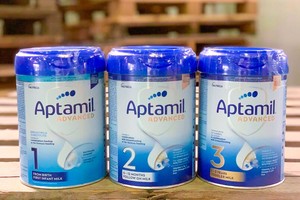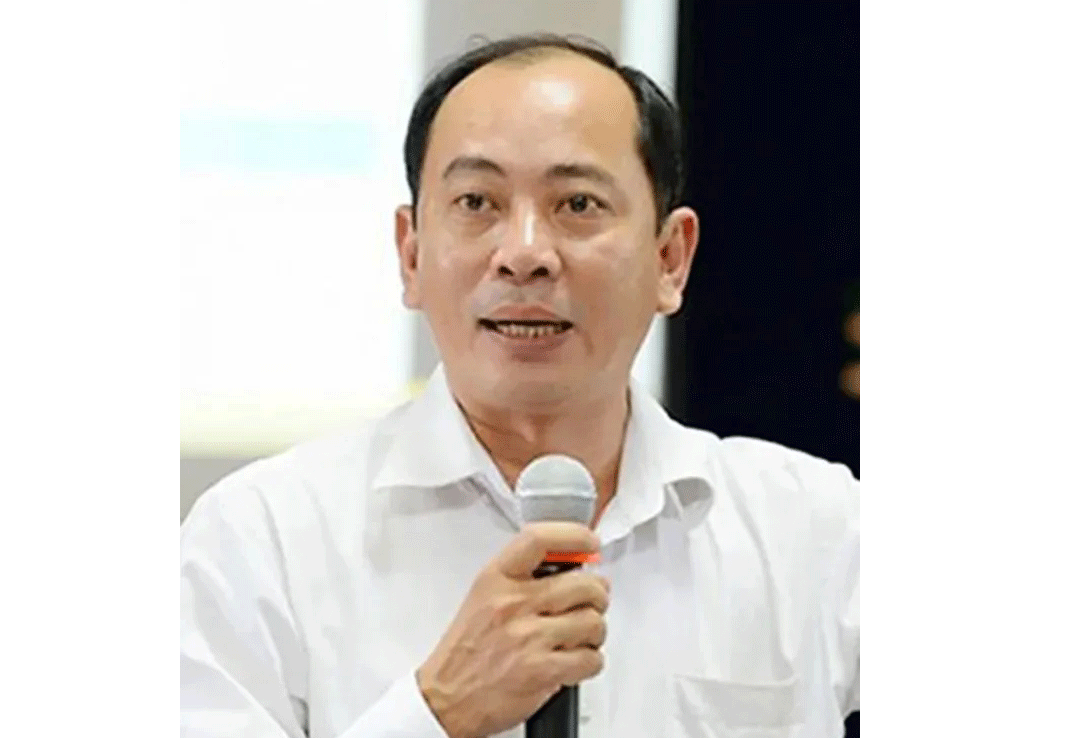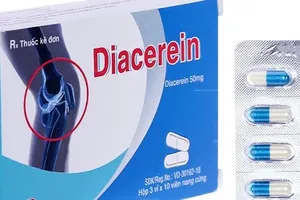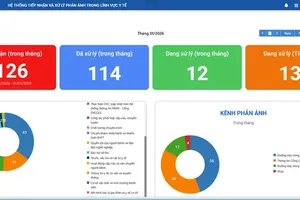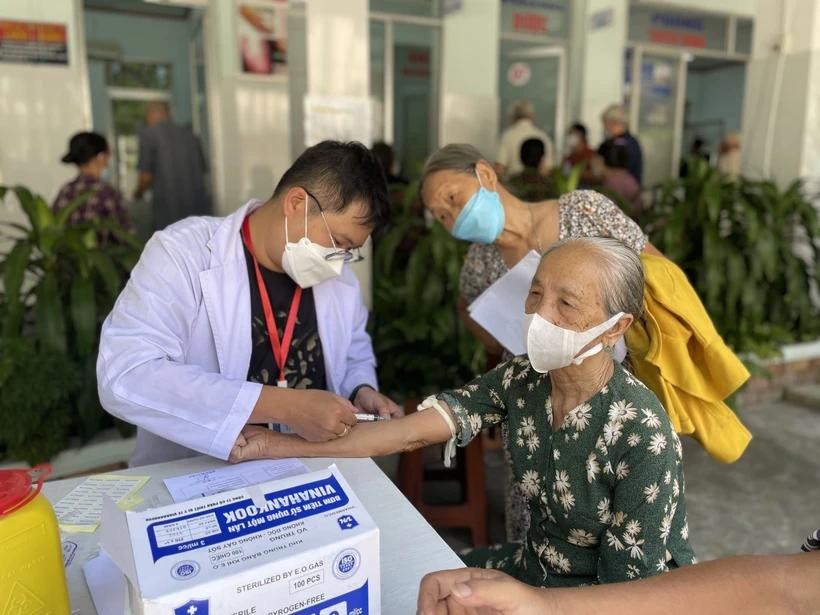
This is part of a project freshly approved by the municipal People’s Committee on developing the local healthcare system, to turn HCMC into a healthcare hub in ASEAN by 2030 and beyond.
Under the project, by 2030, all people in the city will receive medical check-ups and disease screening at least once a year and have electronic health records.
The city will also work to raise the life expectancy of its residents to 77 years by that year, with a healthy lifespan of at least 68 years, and get a total fertility rate of 1.6.
The project also features planning and investment plans for health infrastructure in accordance with the city’s master plan. Specifically, HCMC will develop a training system to provide high-quality human resources for the healthcare sector, form and develop a specialised medical and pharmaceutical industrial park, and develop modern and specialised techniques to meet public healthcare needs.
Currently, the city has 131 hospitals, five bedless medical centers, 310 health facilities at grassroots levels, over 8,000 private clinics, and more than 10,000 pharmaceutical businesses. Its out-of-hospital emergency care system, comprising the 115 Emergency Center, is part of a project freshly approved by the municipal People’s Committee on developing the local healthcare system, with a view to turning HCMC into a healthcare hub in ASEAN by 2030 and beyond.
Under the project, by 2030, all people in the city will receive medical check-ups and disease screening at least once a year and have electronic health records.
The city will also work to raise the life expectancy of its residents to 77 years by that year, with a healthy lifespan of at least 68 years, and get a total fertility rate of 1.6.
The project also features planning and investment plans for health infrastructure in accordance with the city’s master plan. Specifically, HCMC will develop a training system to provide high-quality human resources for the healthcare sector; form and develop a specialised medical and pharmaceutical industrial park; develop modern and specialised techniques to meet public healthcare needs.
Currently, the city has 131 hospitals, five bedless medical centers, 310 health facilities at grassroots levels, over 8,000 private clinics, and more than 10,000 pharmaceutical businesses. Its out-of-hospital emergency care system comprises the 115 Emergency Center and 42 satellite stations.
It has only 42 hospital beds per 10,000 inhabitants, far behind countries like Japan with 131 beds, Germany with 82, and the Republic of Korea with 71./er and 42 satellite stations.
It has only 42 hospital beds per 10,000 inhabitants, far behind countries like Japan with 131 beds, Germany with 82, and the Republic of Korea with 71.















